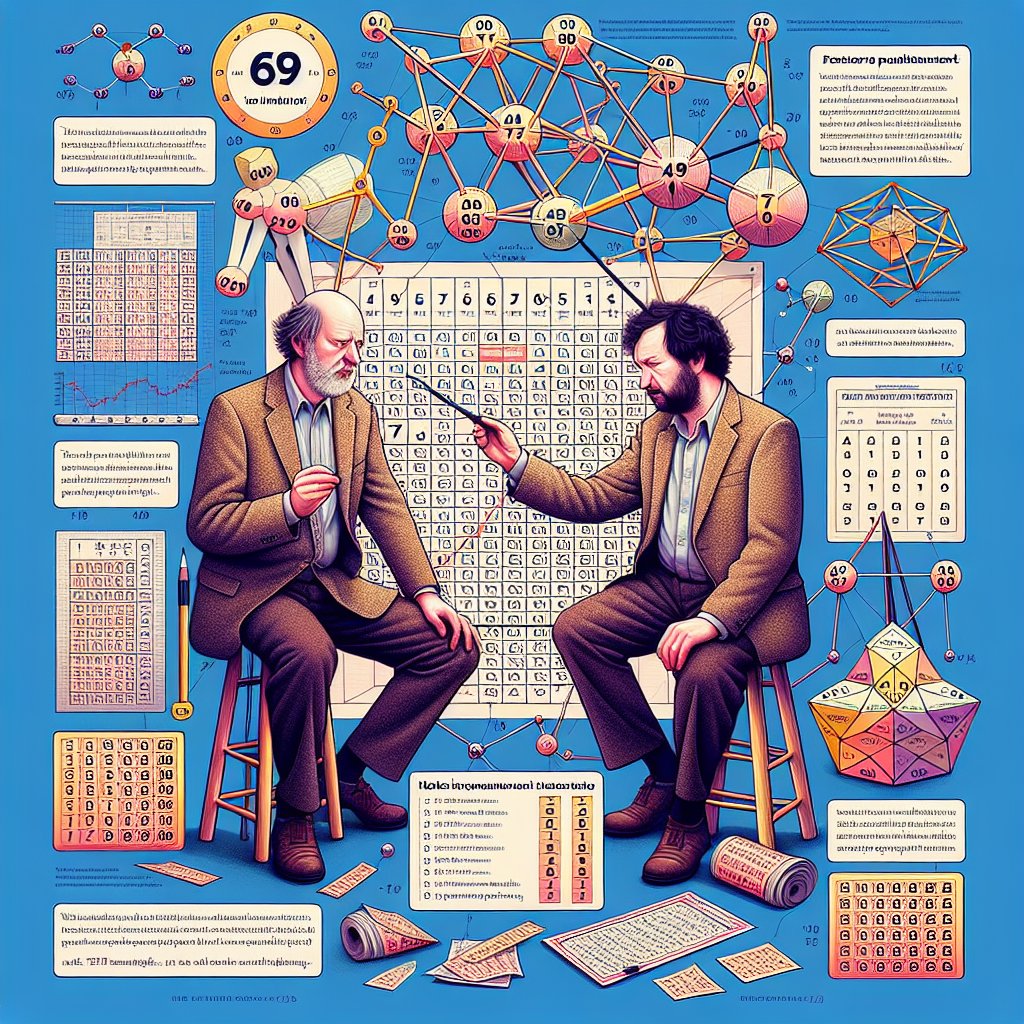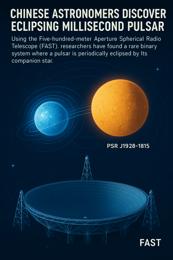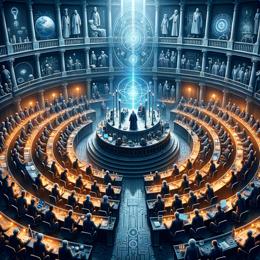Content created by AI
British Mathematicians Crack the Code for a Guaranteed Lotto Win with 27 Tickets
In the intricate world of probabilities and number games, two British mathematicians, David Stewart and David Cushing from the University of Manchester, have introduced a new headline-grabbing concept: for a guaranteed win in the UK's National Lottery, one needs to purchase just 27 tickets. Each ticket costs £2, which translates to a total investment of approximately $69, with these 27 sets of numbers claiming to 'cover all bases' for at least a minimum win.
However, it is important to note that a 'guaranteed win' doesn't imply walking away with the jackpot, which has accumulated a tax-exempt bounty of $28.9 million this December. Instead, the mathematicians aver that their system ensures a win, albeit most likely less in value than the amount spent on the tickets. The chance of hitting the Lotto jackpot remains a daunting 1 in 45 million.
The science behind their claim is rooted in the domain of finite geometry. Stewart and Cushing mapped the 59 lottery numbers onto geometric shapes, plotting them in pairs or triplets. By connecting these number pairs with lines, they created combinations that encompass all 59 numbers. Consequently, at least two numbers are bound to match in a Lotto draw, offering a minimum prize of a free ticket. Seeking to cover every possible pair across the draw's spectrum requires exactly 27 tickets.
The mathematical study, published in a paper in July, has grabbed the attention of lottery enthusiasts and number theorists alike. Initially, 27 number sets were disclosed, but the mathematicians have disclosed additional sets that fulfill the criteria as well. The research leverages a mutualistic relationship between mathematics and games of chance, demonstrating a practical application of number theory.
Their revelation, however, comes with a cautious narrative. Peter Rowlett, another renowned mathematician from Sheffield Hallam University, points out that in 99% of lottery attempts made with these 27 numbers, players are likely not to recover their financial outlay. Additionally, the sharing of these number combinations means that more players are likely to choose them, subsequently dividing any potential jackpot more thinly among winners.
A serendipitous anecdote accompanies the mathematicians' findings–a member of the research group won a substantial $2,243 utilizing the developed number system. Nevertheless, this instance is regarded as extremely lucky, and not the normative outcome of their number combinations.
When Stewart and Cushing personally tested their theory in July, their return was a modest three free tickets for matching two balls on three different occasions, further illustrating the system's limitation when it comes to significant monetary gain. They have since backed away from using the system themselves, jokingly suggesting a reverse correlation between their involvement and profitability.
This study primarily offers a fascinating peek into the mathematical underpinnings of what is often perceived as a pure game of luck. While it confronts the gambler's fantasy of easy riches, it also portrays the reality that even with a mathematical guarantee of winning, the lottery remains a gamble, often rewarding the investment with minimal or no financial gain.
The University of Manchester team's approach has cracked open a new conversation on the intersection between mathematical theory and gambling practices, highlighting an often-overlooked aspect of lotteries–the science behind the random.










